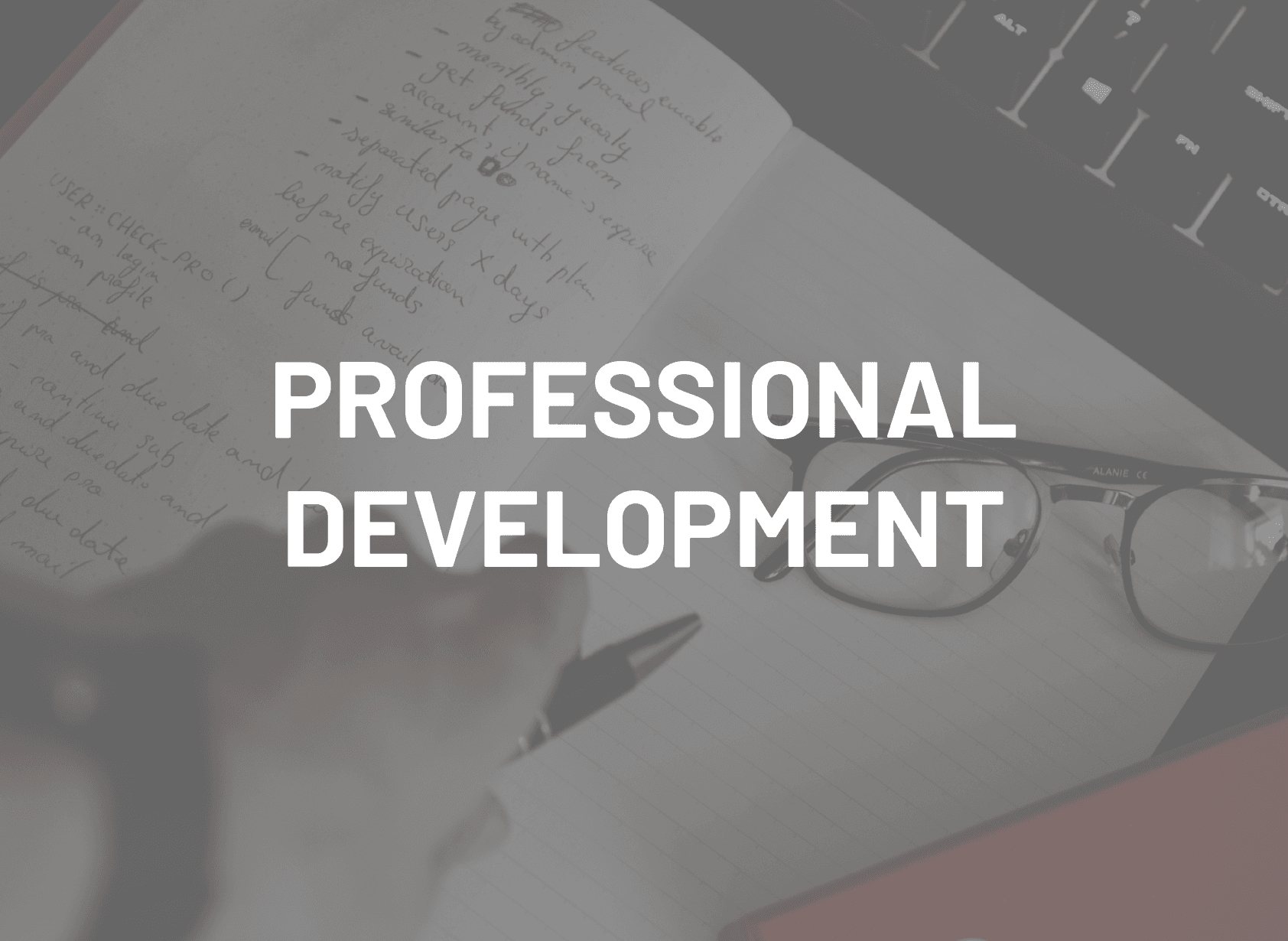
Eliminate these four Productivity Killers in 2020!
January 7, 2020
At NASPO, we know our members are usually involved in multiple projects at one time. Not only is each project timely, and essential, but chances are it’s complex by nature too. Do you want 2020 to be your most productive year yet? Let us help. Thanks to our friends at TopThink and Forbes, we want to highlight four common habits to avoid to help make you as productive as possible.
Perfectionism
Most of the time, perfectionism has nothing to do with how much you care about your work; instead, it comes from the fear of failure. All the time wasted reviewing the same information over and over could be used to finish the entire project and get started on a new one. Perfectionism can also affect the quality of your work because you hold yourself to an unrealistic standard.
What can you do?
Focus on breaking down the project into manageable pieces and prioritize the bulk of a project first. This allows you to complete most of a project, leaving yourself time to rework questionable parts later.
Comparing
From lowering self-esteem to hurting your relationships, the effects of comparing yourself to a fellow employee can curtail productivity in many ways. Comparisons often stop you from taking necessary steps toward your goals by leaving you feeling inadequate and intimidated by those doing “better” than you. Inadequacy leads to apathy, which can cause you to leave loose ends on projects and miss opportunities for growth.
What can you do?
Don’t belittle your ambitions! Ask questions to those that have experienced the success you seek. You can learn from those you admire, identifying all the lessons they have to offer. Work with your mentor to build a professional development plan.
Waiting to Work
Commonly referred to as procrastination, people often confusing being busy, with productivity. Procrastination will infiltrate your work habits and have negative effects on your professional career. This habit is easy to justify, and those who do it, may not even know they are doing it.
What can you do?
Understand that just because you are busy, it doesn’t mean you are productive. Productivity is measured by adding to an end result. It’s imperative to establish a schedule; starting and stopping work at the same time every day. Make a daily priority checklist to accomplish and work this in as a part of your daily routine. This planning will help keep tasks on track to meet deadlines, as well as serve as a daily reminder obligations must be met.
No Short Term Goals
Starting a project without some end in mind can leave you and your team without purpose. You may lose sight of why you started a project in the first place, resulting in less effort and diminishing the overall quality.
What can you do?
According to Forbes, successful people always have goals. Checking items off your day to day list can give you the edge to complete bigger goals. Achieving short-term goals can also serve to motivate during tough times. At the end of a long day where, perhaps, things didn’t go as planned, at least you know that you managed to accomplish some small victories.
Work is hard. Productive work is even harder. There are many paths you can take to complete a project, and no single way is correct. We suggest taking a step back every now and again to gain perspective. Ask yourself: Do these details matter right now? Am I comparing myself to others? What should I be working on right now? What are my goals? And don’t forget… sometimes the best medicine is to put the work down, go outside, and get some fresh air.
